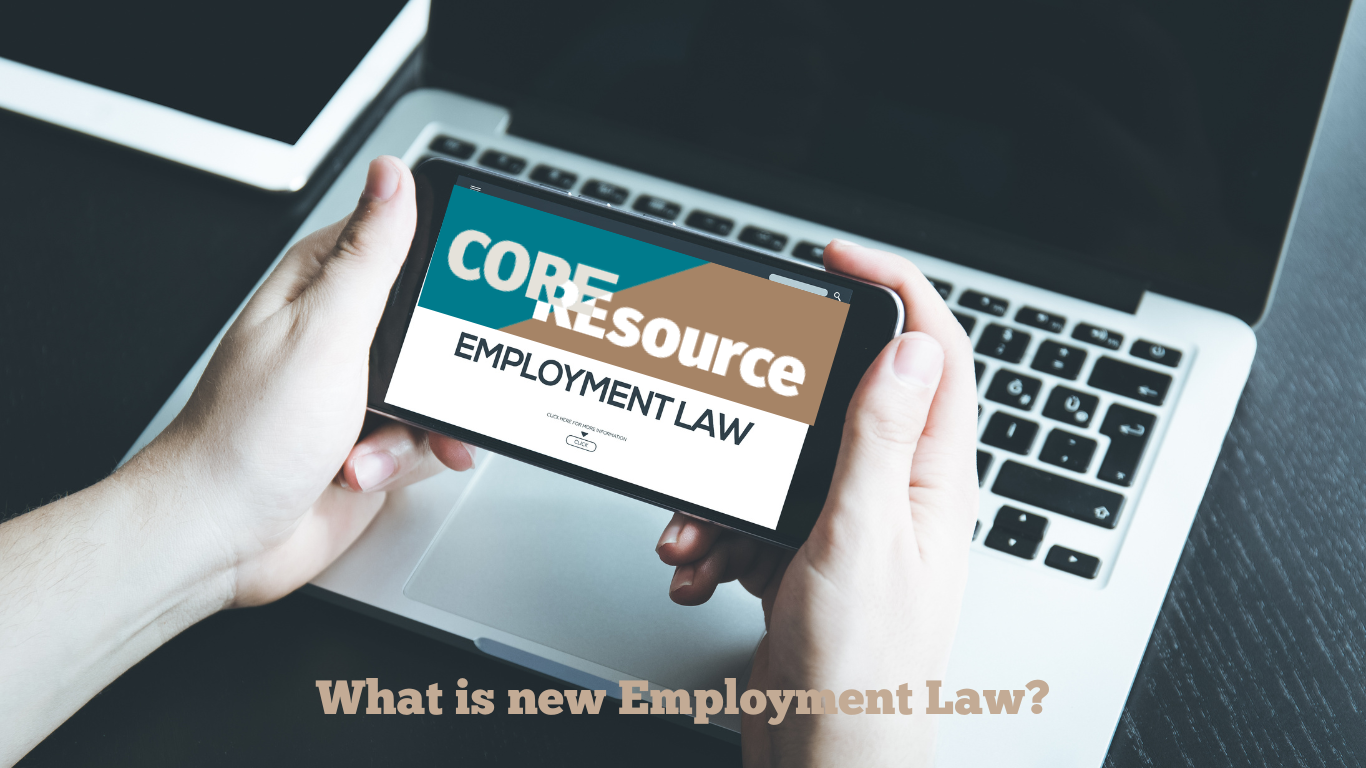Under the Transparent and Predictable Working Conditions Directive, those in the private sector have now a 6-month probationary period that cannot be extended like before.
The 3 Main Conditions:
- The Regulations impose maximum durations on probationary periods.
- They require employers to (in effect) pro-rate the probationary periods in respect fixed-term employees.
- They require employers to specify conditions of probation in the statement of terms of employment.
The Finer Details:
- This probationary period can be longer than six months “on an exceptional basis” provided that such longer period “would be in the interest of the employee”.
- What constitutes “an exceptional basis” and what is “in the interest of the employee”?
- This probationary period can be longer than six months “on an exceptional basis” provided that such longer period “would be in the interest of the employee”.
- What constitutes “an exceptional basis” and what is “in the interest of the employee”? Guidance might be found in Recital 28 of the Directive: “… it should be possible for probationary periods to last longer than six months, where justified by the nature of the employment, such as for managerial or executive positions or public service posts, or where in the interests of the worker, such as in the context of specific measures promoting permanent employment, in particular for young workers.”
- The regulations came into effect on 16 December 2022.
- Where on that date, a private-sector probationer had a probationary period of more than 6 months, then the probation was deemed to end on 1 February 2023 (unless the period had already ended before 1 February 2023
- The length of the probationary period for a fixed-term contract “shall be proportionate to the expected duration of the fixed-term contract and the nature of the work”. There may be some guidance in recital 28 of the Directive: “In the case of fixed-term employment relationships of less than 12 months, Member States should ensure that the length of the probationary period is adequate and proportionate to the expected duration of the contract and the nature of the work.”
- Likely implication: fixed term contracts – especially for 12 months or less – should have probationary periods that are significantly less than six months.
- Fixed-term “managerial or executive” employees could get longer probationary periods than relatively junior fixed-term employees.
- “Where an employer proposes to renew a fixed-term contract for the same functions and tasks, the fixed-term contract shall not be subject to a new probationary period.”
- The list of terms of employment must include the following: “where a probationary period applies, its duration and conditions”.
- The Regulations do not specify what “conditions of probation” are.
- Conditions of probation are likely to include statements of any terms of employment that apply differently – or do not apply at all – during probation. For example: shorter notice period; non-application of main disciplinary procedure.
- They would also include a statement that the probationary period may be extended in certain circumstances, if that is the case.
Core Resource
Your HR Business Partner
*source Employment Law Seminar by Byrne Wallace LLP through CIPD Ireland





